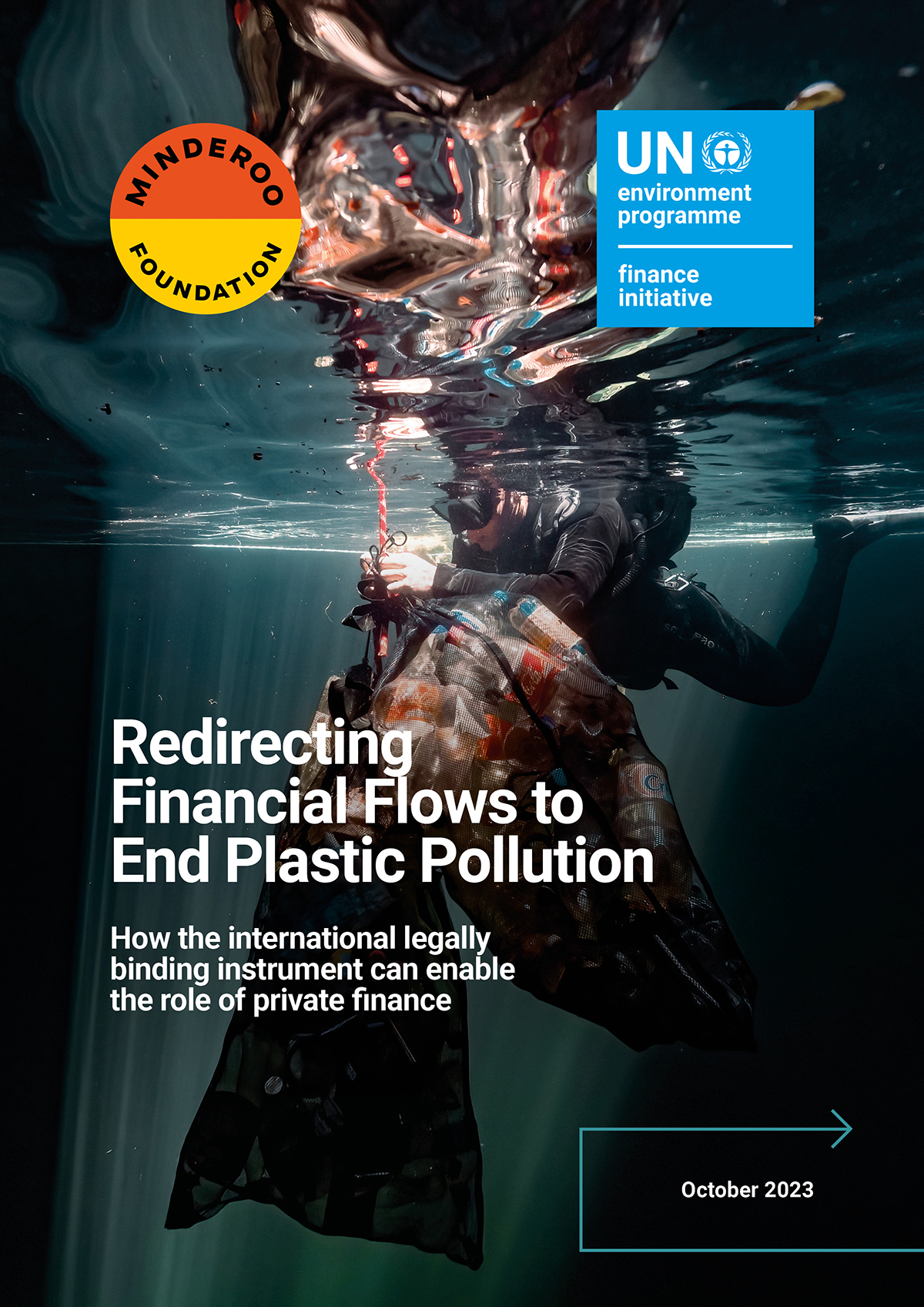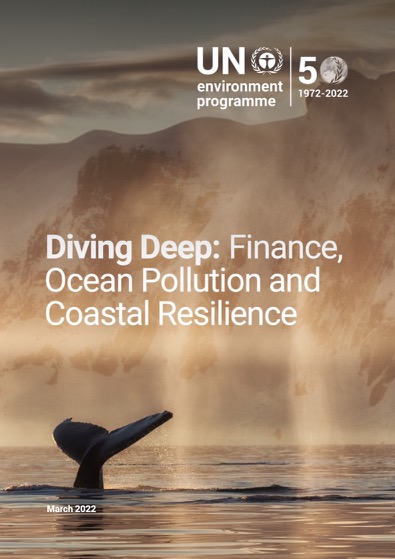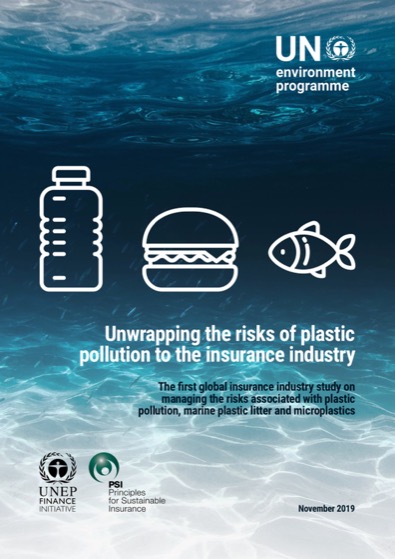Just like climate change, pollution is a key driver of biodiversity loss and one of the three planetary crises we currently face. Chemical pollution poses significant threats to biodiversity, human health, as well as the quality of air, water and soil. The Global Framework on Chemicals adopted in 2023 at the International Conference on Chemicals Management is expected to have relevant implications for various sectors, including the financial sector.
UNEP FI works with financial institutions to increase awareness and knowledge of pollution-related financial risks and impacts, and build capacity to mitigate pollution in high impact sectors such as agri-food systems, buildings and construction or plastics. By financing and supporting initiatives that reduce the use of harmful chemicals and promote a sustainable and just pollution-free economy, financial institutions contribute to a cleaner environment and reduced impact on human health. They also safeguard their own investments from physical, transition, regulatory and reputational risks while driving innovation, encouraging responsible supply chain practices, and accelerating the transition towards a sustainable and just economy.
Plastic pollution poses major risks to the environment and human health. To tackle this environmental crisis, in March 2022, UN Member States endorsed a historic resolution to forge an international instrument to end plastic pollution by the end of 2024. Mobilizing financial resources at scale will be key to the success of the future instrument and will require a robust and harmonized enabling environment for financial actors. UNEP FI convened the Finance Leadership Group on Plastics in 2023 to contribute to the negotiation process and build readiness in the finance sector to address plastic pollution.
Get involved
For banks and insurers: Join the Finance Leadership Group on Plastics
In parallel to the international negotiations to develop an international legally binding instrument to end plastic pollution, the UNEP FI-convened Finance Leadership Group on Plastics comprising banks and insurers provides inputs and suggestions to negotiators on the desired outcomes of the future instrument and is helping the finance sector to take action on plastic pollution. To join the Finance Leadership Group on Plastics or find out more, please contact Jan Raes.
For banks: Join the Principles for Responsible Banking pollution working group
A group of banks is currently supporting the development of a guide for the signatories of the Principles for Responsible Banking to deepen pollutant risk and impact assessment in their portfolios and identify alternative solutions and opportunities to prevent and reduce pollution in various high impact sectors. To join the working group on pollution or find out more, please contact Kavita Sachwani or Simona Weber.
For banks: Join the Financing Agrochemical Reduction and Management Programme
Under the Global Environment Facility’s Financing Agrochemical Reduction and Management (FARM) Programme, UNEP FI, in collaboration with UNEP, the Green Growth Knowledge Platform (GGKP) and other partners, are supporting the development of a framework for sustainable financing in the agriculture sector. Through this project, UNEP FI and partners will look at ways to prevent and reduce harmful effects of fertilizer run-off, pesticide contamination and poor management of agricultural plastics on the environment and human health. If you are working in a bank or insurance company and would like to join the programme or find out more, please contact Benjamin Warr.
Resources
 |
For all financial institutions and policymakers: Redirecting financial flows to end plastic pollution (2023) is a comprehensive paper on the role and requirements of the financial sector to enable the transition towards pollution-free economies. It focuses on how the future international instrument can enable the systemic change needed to redirect global financial flows to end plastic pollution. The paper also illustrates how the required shift of financial flows can be supported by a combination of different financial actors and instruments. |
|
 |
For all financial institutions: UNEP FI’s Sustainable Blue Economy Finance Initiative’s report Diving Deep: Finance, Ocean Pollution & Coastal Resilience (2022) is a science-based, actionable toolkit to align financial decision-making with a healthy ocean and a sustainable blue economy. The second chapter focuses on solid waste prevention and management and highlights the imperative need for a paradigm shift from ‘waste’ management towards one of ‘resource’ management embedded within a circular economy. |
|
|
|
For insurers: UNEP’s report Unwrapping the risks of plastic pollution to the insurance industry (2019) demonstrates that plastic pollution risks can affect insurance and investment portfolios in the form of physical, transition, liability and reputational risks. The study identifies how risks related to plastic pollution play out across insurance lines and asset classes in which insurers invest. It argues that insurers should take an active role in addressing the risks related to plastic pollution and in contributing to global efforts to reduce it, and provides key recommendations for insurers to play an active role.
For banks: Navigating Pollution: A Blueprint for the Banking Sector serves as a guide for banks addressing pollution, one of the three planetary crises alongside climate change and biodiversity loss. It highlights the economic and societal costs of pollution, the double materiality of pollution (potential impacts and risks) and opportunities for the banking at a sector agnostic level and also a first approach to pollution across five high-impact sectors. The paper proposes pollution related actions for banks aligned with each of the Principles for Responsible Banking (PRB).
|




